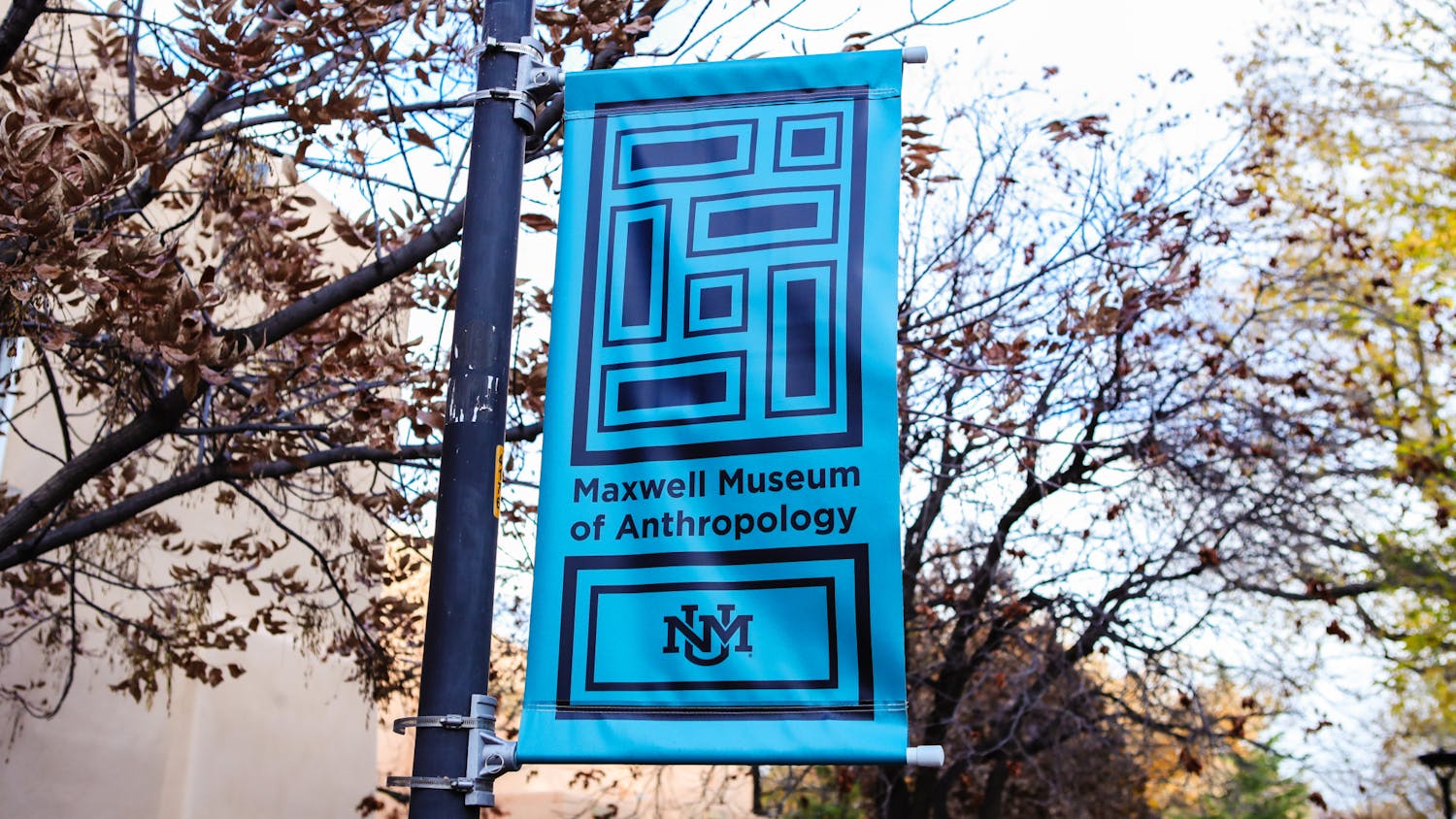The Santa Fe Film Festival sponsored a special premiere of "American Waitress, New Mexico" by Backseat Productions, Saturday at the Guild Cinema. Audience members waited in lines that stretched down the block for the film's anticipated opening. The screening was a benefit to raise funds for and promote the Santa Fe Film Festival.
"American Waitress" is a locally produced documentary by director Vanessa Vassar that explores the public and private lives of several New Mexican waitresses. Many of the varying environments, attitudes, perceptions and experiences of these waitresses are examined. The film attempts to unravel cultural systems, dynamics and the human nature that emerges within the service industry.
Vassar described the film as "a vehicle to examine power structures and how people treat each other when one person has power over the other."
To produce the documentary, Vassar interviewed more than 20 servers, busers, cooks, owners and customers in various restaurants around New Mexico. She then focused on four individual waitresses. Her goal, she explained, was to find characters who differed "in age, in the type of restaurant they work in, culturally, and in the reasons why they are waitressing."
The film is organized as a series of anecdotes told by the waitresses that touch on cultural issues. As "American Waitress" played, Vassar and some of the film's featured waitresses laughed and cheered enthusiastically from the back of the theater.
"I'm enjoying it more than anyone else," Vassar joked.
Get content from The Daily Lobo delivered to your inbox
The four waitresses in the documentary are:
Lillian Beams, a third-year UNM political science and English major, works hard to support herself as a waitress at the Route 66 Diner. The audience follows Beams as she laughs with her hairdresser and reflects on her heritage and life without her daughter, who currently lives in another state.
Sonja Fairbanks is a renowned artist by day and a waitress by night at the Compound Restaurant in Santa Fe. She solemnly discusses the elite social system that she finds herself abused by while she is in uniform and worshipped by when she is labeled as an artist.
Karen Webb is a professional waitress at the Plaza Restaurant in Santa Fe whose approach to life is that no matter what you do, you should be happy doing it. Webb joked about how she enjoys dispensing tough love to her customers and demonstrates inner strength when discussing the adversity that has plagued her, as she consistently maintains a positive outlook.
Sherry McElain works at the Cowgirl Restaurant in Santa Fe and lives isolated in the mountains. She discusses how to face the day with a smile, even when she is frequently ill-tempered at work. On camera, she takes her dogs hunting in the woods and chokes up when talking about her family.
Although the lives of the four main waitresses are presented differently, universal themes emerge among them. One waitress makes an effective statement regarding the lack of respect and exploitation that often takes over in the server-customer environment and many of the characters in the film make similar statements which acknowledge this power dynamic. All of the waitresses urge viewers to be aware of the way they treat the people around them.
In Fairbanks' case, it is particularly powerful to note that on a regular basis people who know her as an artist do not recognize her at work simply because of the way she is dressed.
"American Waitress" attempts to shed light on the humanity that exists among people regardless of their occupations and beliefs. Issues of women's roles in society are also alluded to by the fact that Vassar has examined only waitresses in her film. Vassar does not come to a complete conclusion about what she is trying to say about women, but she does call herself a "humanist."
Overall, "American Waitress" is an original, entertaining film. The social structures explored are often intense, though they tend to scatter in focus. Similarly, the levels of emotion deployed among the waitresses are touching, but somewhat confusing within the context of the film. I was not sure if merely presenting all four waitresses in tears justified the full range of humanity that the film set out to depict, or if these diffused scenes ultimately felt too contrived within the rest of the documentary.
I also felt that more time could have been designated to portraying the waitresses at work, as a balance against interviewing them outside of their jobs and following them through the rest of their days. The central themes of "American Waitress" could have been further refined and specified, perhaps leading to a more solid conclusion, along with a sense of understanding about some of the women behind the counter.
In addition to a sneak preview screening in Santa Fe, "American Waitress" was recently screened at the Taos Talking Picture Festival, where the 66-minute film received a worldwide television distribution deal with the New Mexico-based Zia Distribution Company.





